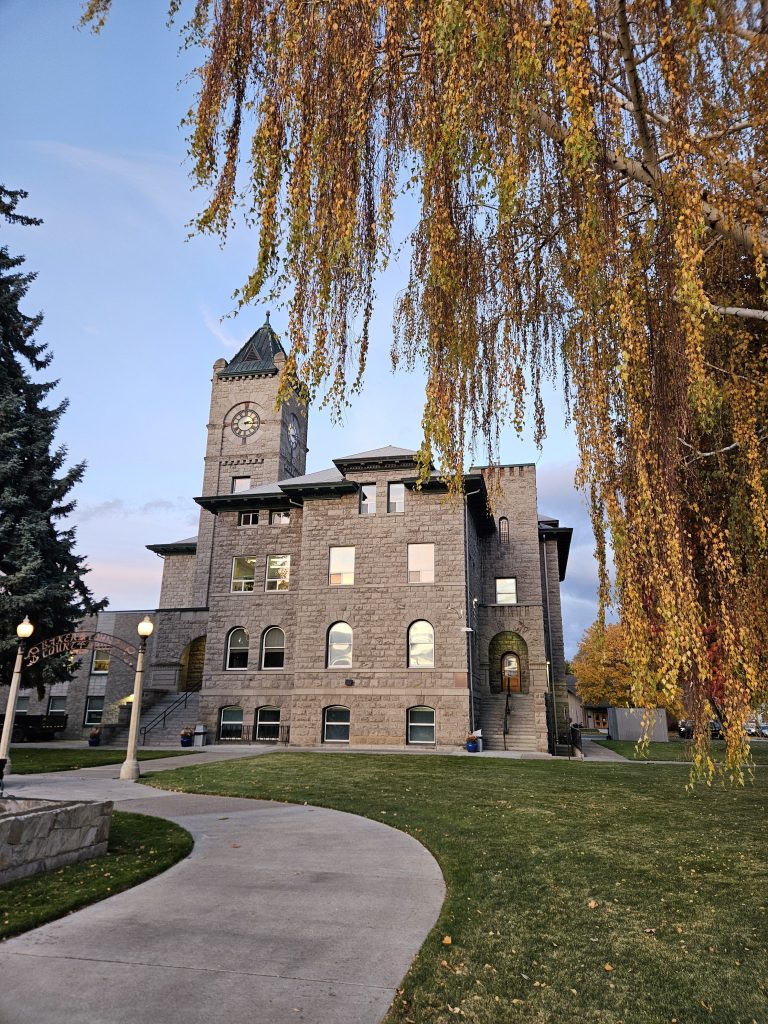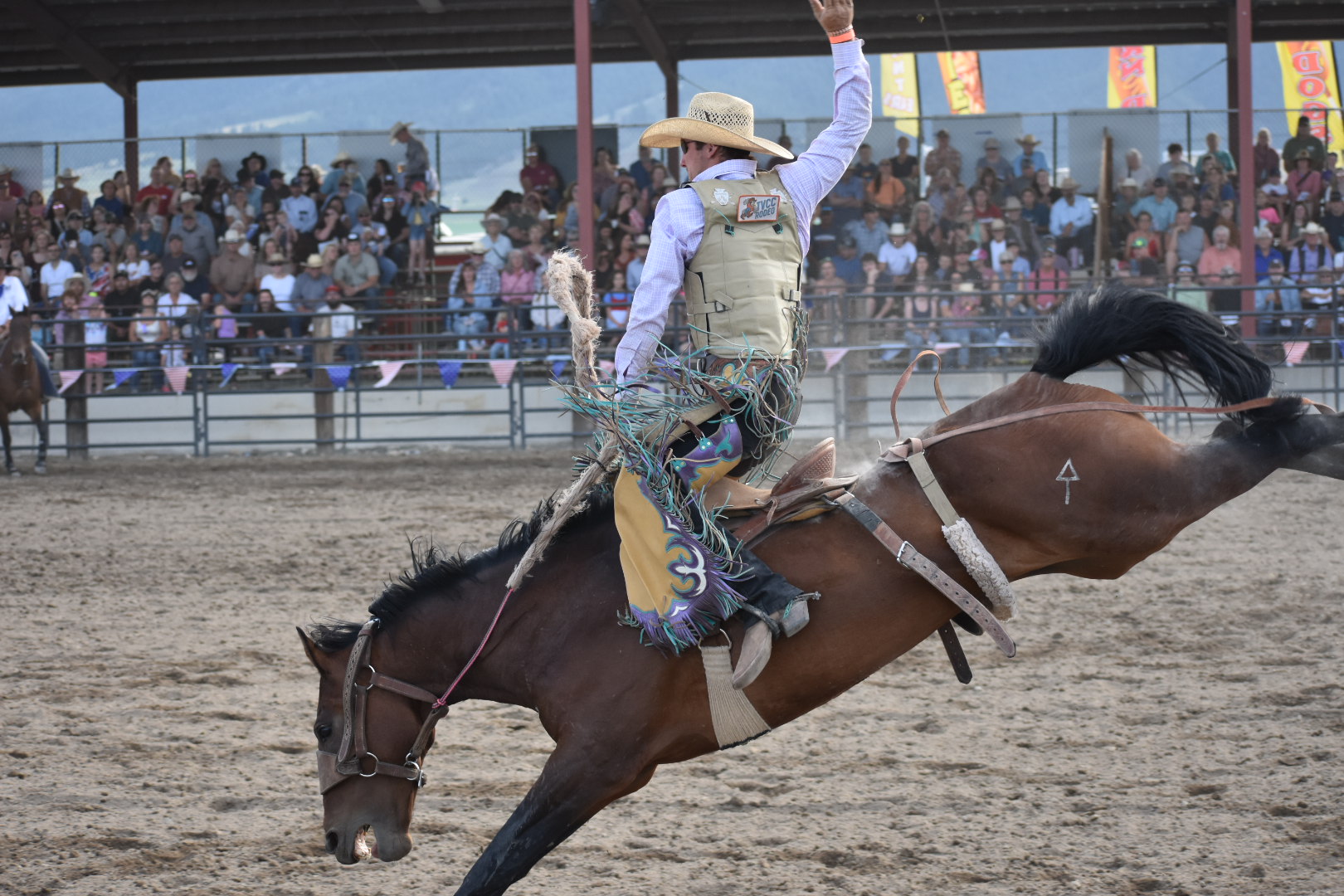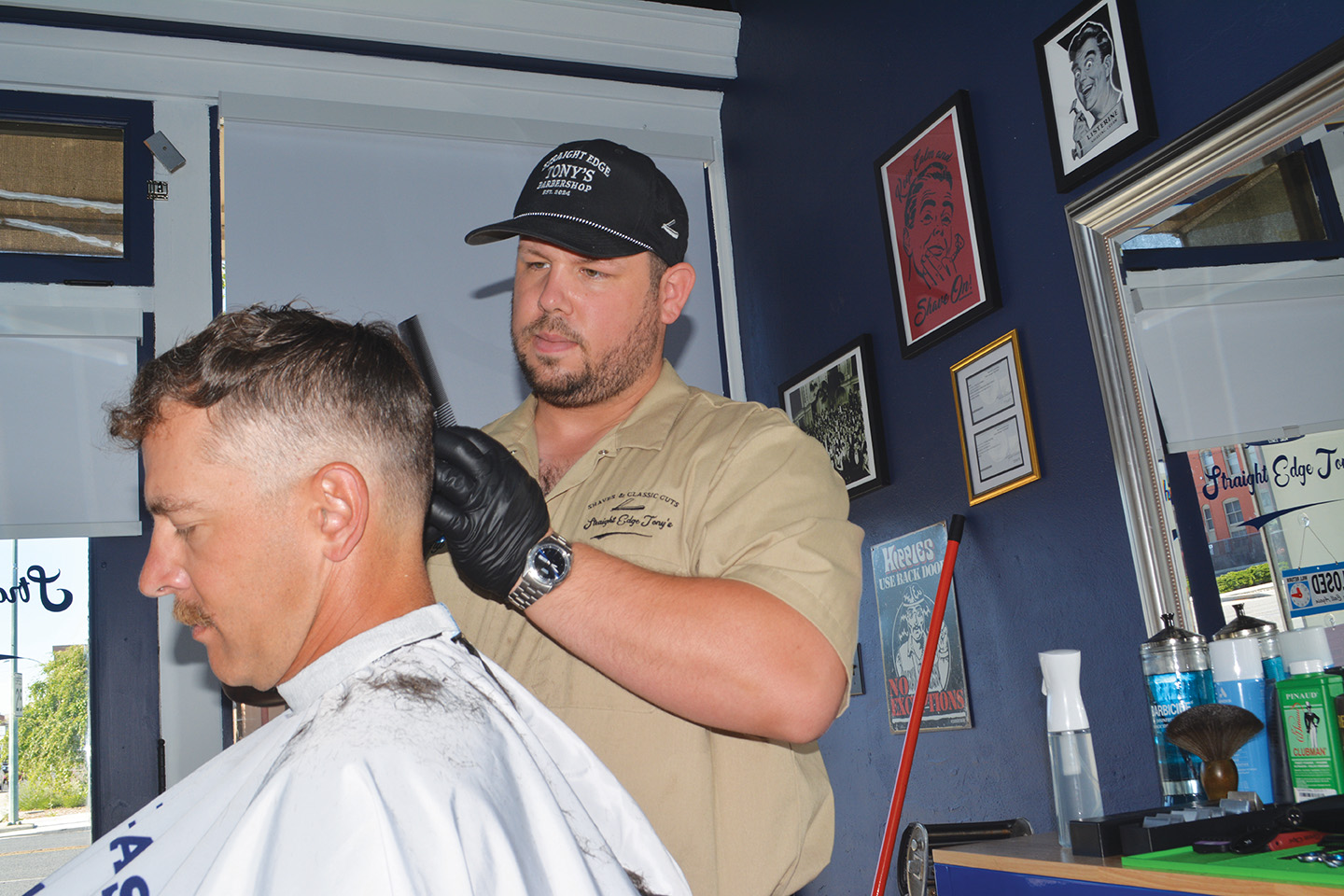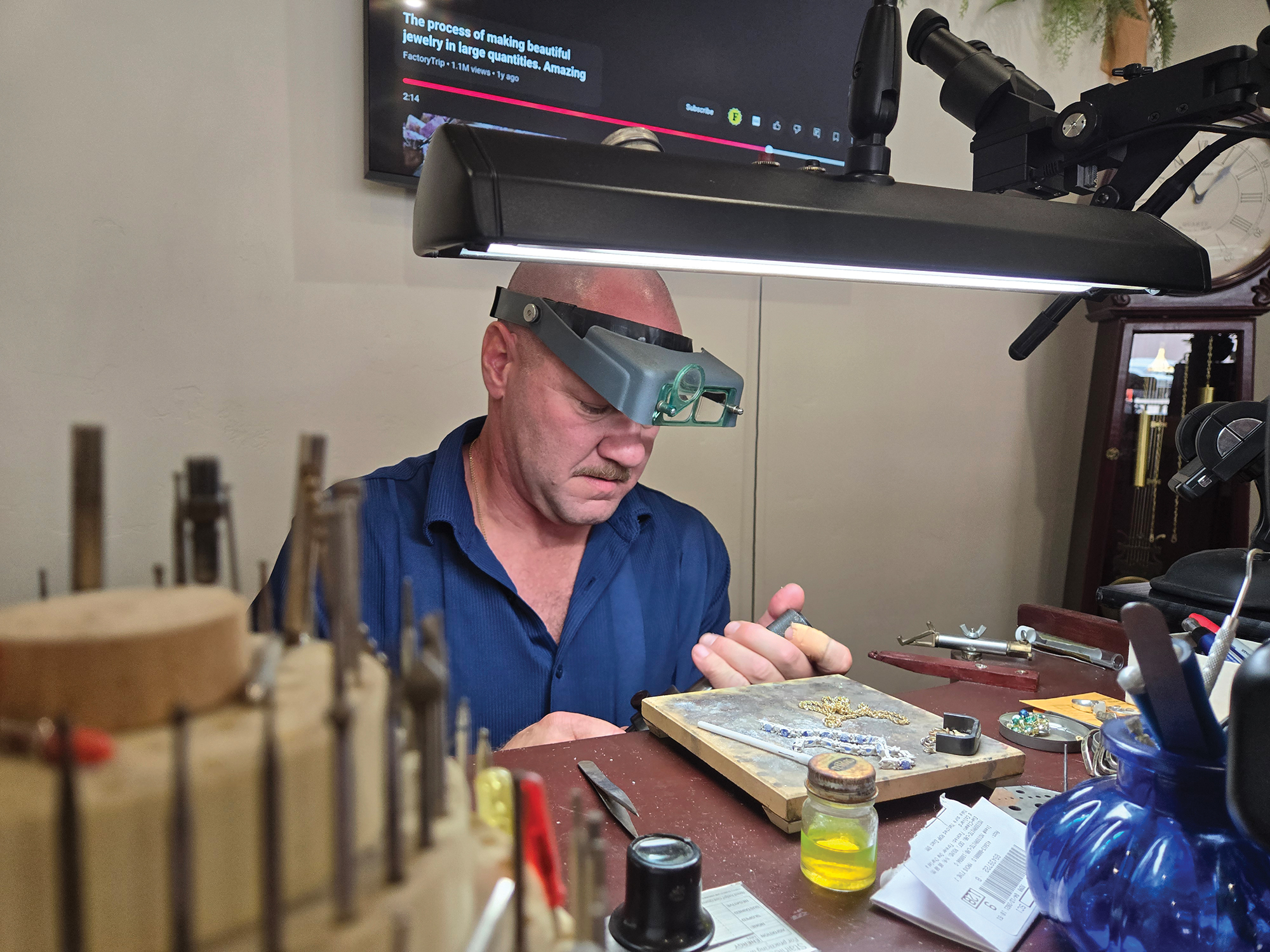Baker County commissioners give Baker City $425,500 in lodging taxes as city prepares to collect taxes within the city limits starting July 1
Published 12:03 pm Wednesday, May 7, 2025

- Baker County Courthouse.
Baker County commissioners voted 2-1 on Wednesday morning, May 7, to give Baker City $425,500 in lodging taxes as the city prepares, starting July 1, to oversee its own tax program.
The Baker City Council voted in March to withdraw from a 2006 agreement with the county under which the county collected and administered the tax.
City Manager Barry Murphy had requested $625,500.
People pay the tax when they stay at motels, bed and breakfasts, vacation rental homes and other lodging establishments. The tax is 7% of the rental rate.
A state law requires that entities that charge a lodging tax spend at least 70% of the revenue for tourism marketing or facilities.
The city will be able to use the remaining 30% for any other purpose, including its police and fire departments.
Lodging guests will pay the same tax rate as now — 7% — as of July 1.
But Baker City will collect taxes paid within the city limits. Baker County will collect taxes paid in unincorporated parts of the county, and in the cities of Halfway, Sumpter and Unity.
Guests at lodging businesses within the Baker City limits pay an estimated 80% of the taxes, although a precise amount is difficult to determine because companies that handle many vacation rental homes don’t report tax figures by area.
After a one-year downturn during the 2019-20 fiscal year, which included the early stages of the pandemic, lodging tax revenue has hit record highs in each of the past three fiscal years, including $954,000 for the fiscal year ending June 30, 2024.
The rate of growth in revenue has slowed during the fiscal year, but it’s still on pace to set another record.
Through March of this year, three-quarters of the way through the fiscal year, lodging tax collections totaled $679,000, an increase of 2.5% from the same period the previous fiscal year.
Because lodging tax spending has been lower than collections during the three record-setting years, the county has a projected cash carryover of about $1.6 million when the new fiscal year starts July 1.
Murphy has argued that even if the county gives the city the tax dollars it has asked for, the county will still have at least $800,000 available. Because most lodging taxes are paid within the Baker City limits, the county will collect considerably less revenue starting July 1.
In addition to buying advertisements and other promotions, the county uses lodging taxes to pay for three contracts — with the Baker County Chamber of Commerce to operate the visitors center on Campbell Street near the freeway ($94,970), with Jessica Hobson as the county’s tourism marketing director ($70,000), and $56,760 per year to Bryan Tweit, the county’s economic development director.
In proposing to the city council to withdraw from the 2006 agreement with the county, Murphy told councilors that if the city had its own lodging tax program, it would no longer have to ask county commissioners for some of the revenue and thus would have more money available for tourism promotion and for the city’s general fund, including the police and fire departments.
In 2024, Murphy proposed that the city and county change the 2006 agreement to guarantee a percentage of tax revenue for the city.
But that didn’t happen.
In a report to councilors earlier this year, Murphy wrote that the 2006 city-county agreement, which gives county commissioners oversight on spending tax revenue, “does not adequately address the City’s interests and its current financial state. The County operates the program and allocates spending with very little input from the City despite the fact that the City generates approximately 80% of (lodging tax) revenue.”
Because the city won’t start collecting lodging taxes until July 1, Murphy asked the county’s transient lodging tax committee, which advises county commissioners but doesn’t make final decisions about spending the money, for $625,500 in “start up” dollars so the city can begin tourism marketing immediately rather than waiting until the city starts collecting the tax.
The county lodging tax committee voted April 17 to recommend commissioners give the city $570,500. The committee reduced the city’s request for money for Baker City Downtown from $80,000 to $25,000, the amount the county has in its budget.
Murphy called that idea “reasonable.”
During Wednesday’s commission meeting, commissioner Christina Witham, who argued against an earlier request from the city for a lump sum payment of lodging taxes, said she believes the city’s request for $570,500, as recommended by the advisory committee, contains multiple redundancies.
Witham said she would support giving the city $27,000 — less than 5% of the amount the city asked for.
Witham also questioned the $100,000 the city is asking for, as part of the $570,500, for “tourism-related facilities.”
Witham pointed out that the city’s request doesn’t list any specific facilities. She said other entities applying for lodging taxes would be required to be specific.
Commissioner Michelle Kaseberg agreed that the city should be more specific in how it plans to use $100,000 for tourism-related facilities.
She proposed that commissioners give the city $425,500 of the $570,500 the advisory committee recommended — removing the $100,000 for tourism-dependent facilities as well as another $45,000, including money for the Shrine All-Star Football Game and the Class 1A state basketball tournaments, as the county’s budget already includes money for those two events.
Kaseberg’s motion passed 2-1. She and commission chairman Shane Alderson voted yes. Witham voted no.
Kaseberg said the city can return with a request for tourism-dependent facilities that includes specific facilities.
Cooperation
During Wednesday’s meeting, Murphy emphasized that although the city will have a separate lodging tax system, he understands that tourism marketing can’t separate the city from the county.
“We’re going to market the county events, that’s what cooperative marketing is,” Murphy said.
Commissioners haven’t taken any action on another request from the city, for $200,000 in lodging taxes for the Court Plaza project in downtown Baker City.
The goal is to make the block of Court Avenue, between Main and Resort streets, into a pedestrian plaza that can host a variety of events as well as connect the downtown historic district with Central Park and the Leo Adler Memorial Parkway, just east of Resort Street.
The lodging tax committee voted unanimously on April 17 to recommend county commissioners approve Baker City Downtown’s request for $200,000 for Court Plaza, but with a condition.
The committee’s recommendation is contingent on confirming with the Oregon Restaurant and Lodging Association (ORLA) that that group thinks that spending lodging taxes on the project complies with the state law defining what constitute “tourism-related facilities.”
Ariel Reker, Baker City Downtown executive director, and Witham both said they had emailed Jason Brandt, ORLA CEO and president, asking about whether Court Plaza complies with the state law governing the use of lodging taxes.
Reker said Brandt told her the project complies, but Witham said Brandt cited to her as examples of qualified projects three parks in the Salem area that are much larger than Court Plaza.
Witham said Wednesday that she doesn’t think the Court Plaza project is eligible, under Oregon law, to receive lodging taxes.









